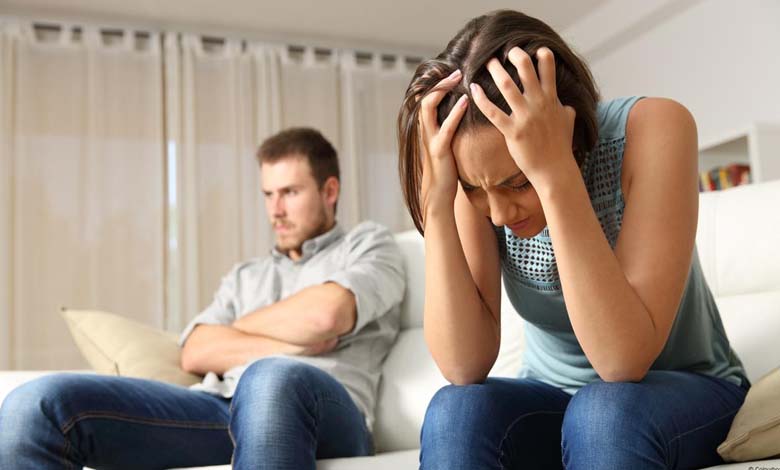Why Are Women More Prone to Depression Than Men?

Depression, now recognized as one of the world’s leading public health challenges, affects millions of people each year. Yet, epidemiological studies consistently show that women are about twice as likely as men to experience it. This difference is not accidental but stems from a complex interaction of biological, hormonal, psychological, and social factors.
-
Study Warns Night Owls of Increased Risk of Depression
-
Late Sleep and Depression: How Staying Up at Night Affects Mental Health
Biologically, female hormones—particularly estrogen and progesterone—play a key role in regulating mood and emotional balance. These hormones influence neurotransmitters such as serotonin, dopamine, and norepinephrine, which are central to emotional stability. During hormonal transitions such as the menstrual cycle, pregnancy, postpartum, and menopause, fluctuations can make women more vulnerable to mood disturbances. Conditions like severe premenstrual syndrome and postpartum depression are well-documented examples. Recent research also suggests that declining estrogen levels during menopause alter brain chemistry, increasing susceptibility to depressive disorders.
However, biology alone cannot explain this disparity. Psychologically, women are more likely to internalize their emotions and engage in emotional rumination—a repetitive focus on negative thoughts and feelings. This cognitive pattern deepens sadness and prolongs depressive episodes. Men, by contrast, tend to externalize distress through anger, risk-taking, or substance use—behaviors that mask depression rather than reveal it. Thus, while women’s depression is more frequently diagnosed, men’s emotional suffering often remains hidden.
Social and cultural pressures further exacerbate this vulnerability. Women frequently juggle multiple roles: professional duties, domestic responsibilities, and family care. This “mental load” and constant multitasking generate chronic stress and fatigue. Structural inequalities—such as gender-based pay gaps, limited career opportunities, harassment, and exposure to domestic or sexual violence—compound the emotional burden. Each of these experiences, especially when repeated over time, erodes resilience and raises the risk of depression.
Modern societal expectations also play a significant role. In an age dominated by social media and unattainable beauty standards, women face relentless pressure to excel in every area—career, motherhood, relationships, and physical appearance. The pursuit of this idealized “perfect woman” image often leads to feelings of inadequacy, guilt, and emotional exhaustion.
-
What is the connection between vinegar and depression?
-
Experimental Drug to Treat Depression Without Narcotic Side Effects
Relational dynamics further highlight the emotional sensitivity of women. They often derive well-being from strong social and emotional connections, which serve as protective factors. However, this same sensitivity means that interpersonal conflicts, rejection, or lack of emotional validation can deeply affect them. Their empathy, a strength in many aspects of life, can also become a source of vulnerability when it leads to emotional overexposure.
An additional factor lies in diagnosis and treatment patterns. Women are generally more open about their emotions and more likely to seek professional help, which contributes to higher detection rates. Men, conditioned by social norms to suppress vulnerability, are less likely to report emotional distress. Nevertheless, even accounting for this reporting difference, women remain statistically more affected by depression across almost all societies.
-
A Scientific Study Reveals a Promising Solution for Depression and Heart Diseases
-
Simple Exercises Reduce Rates of Depression and Anxiety
Understanding why women are more prone to depression requires a holistic and intersectional approach. It involves acknowledging not only biological and hormonal influences but also the psychological and social dimensions that shape women’s mental health experiences. Promoting equal access to mental health care, improving emotional education, and addressing systemic gender inequalities are essential steps toward reducing this imbalance. Recognizing women’s higher vulnerability is not a sign of weakness—it is a call to create a world that better supports emotional resilience and mental well-being for all.












